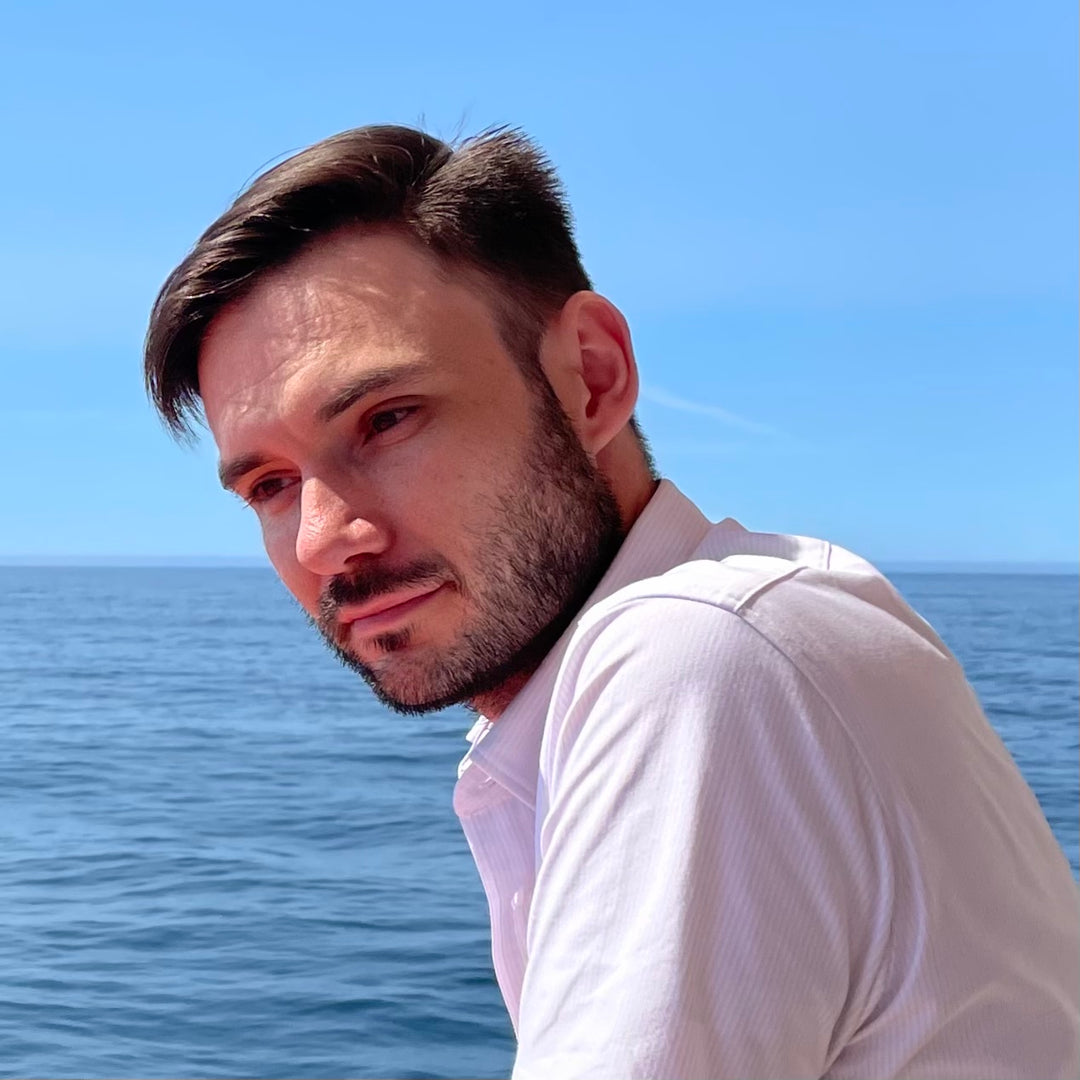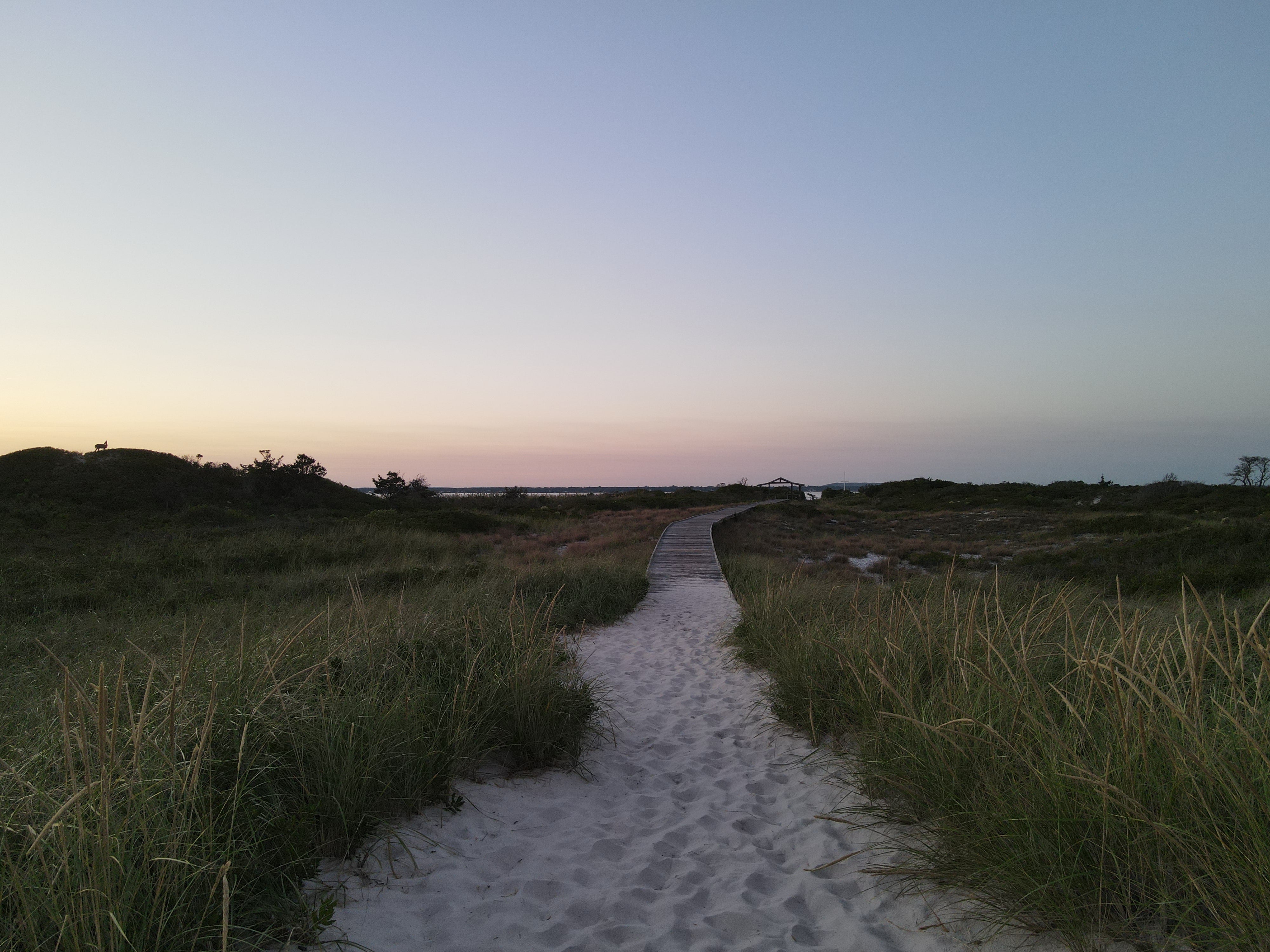Jetsam was founded with the intention of cleaning our waterways and oceans, and reducing our plastic pollution. We were founded by Albert and Peter Poulos, two brothers from Long Island, NY, who felt it was time to take a much more aggressive stance on the problem facing our oceans. Growing up on Long Island, the Great South Bay was at the heart of their childhood, and has remained the backdrop for years of happy memories. In recent years, as the Bay has fallen subject to a worsening brown tide issue, and as the oceans became more polluted with plastics, it became clear that something had to be done. With a passion for our oceans and waterways at its core, Jetsam was founded in 2021 as a solution for our growing plastics and pollution problem. Jetsam prides itself on creating quality coastal goods for us, and a cleaner ocean for the environment.
Jetsam plans to honor this commitment by not only making products using recycled plastic, but also by donating a portion of your purchase to cleaning local waterways. “Jetsam” is the term for unwanted goods thrown from a ship to lighten a vessel. We believe that those unwanted plastic goods have been neglected long enough, and we will give them new purpose. We vow to salvage the world’s jetsam and put it to work.
Meet the Team
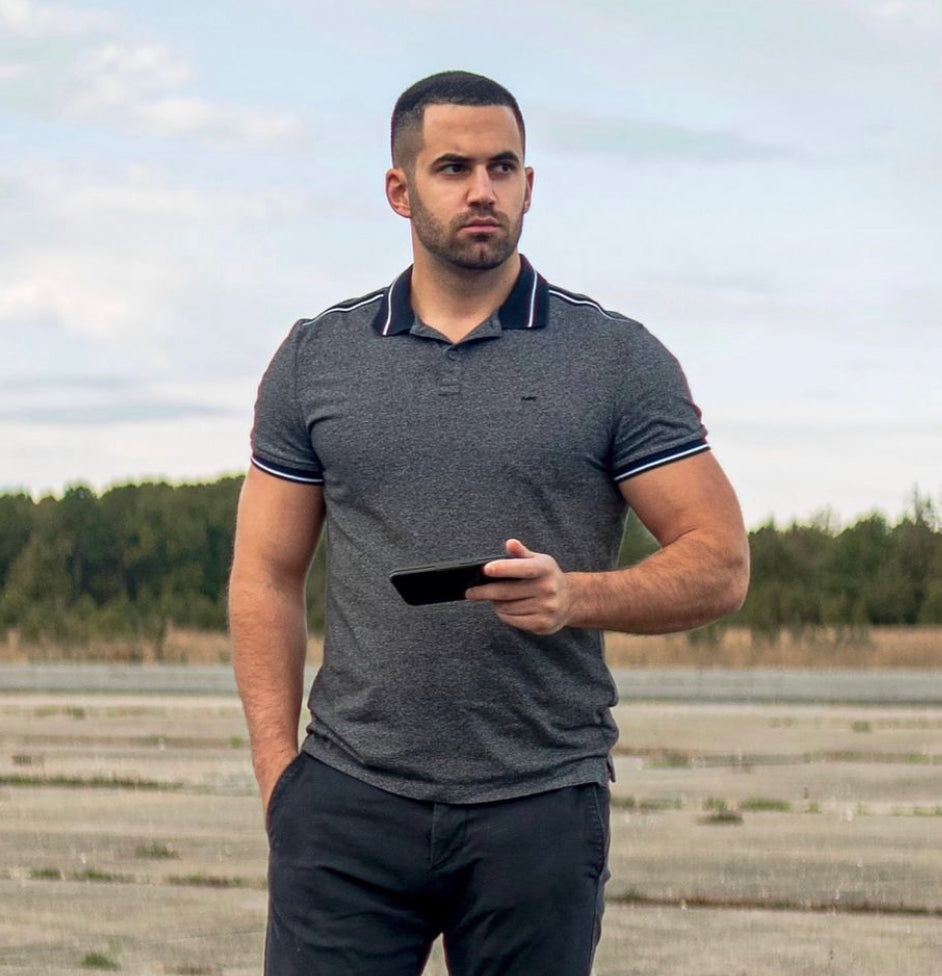
Digital Content Curator
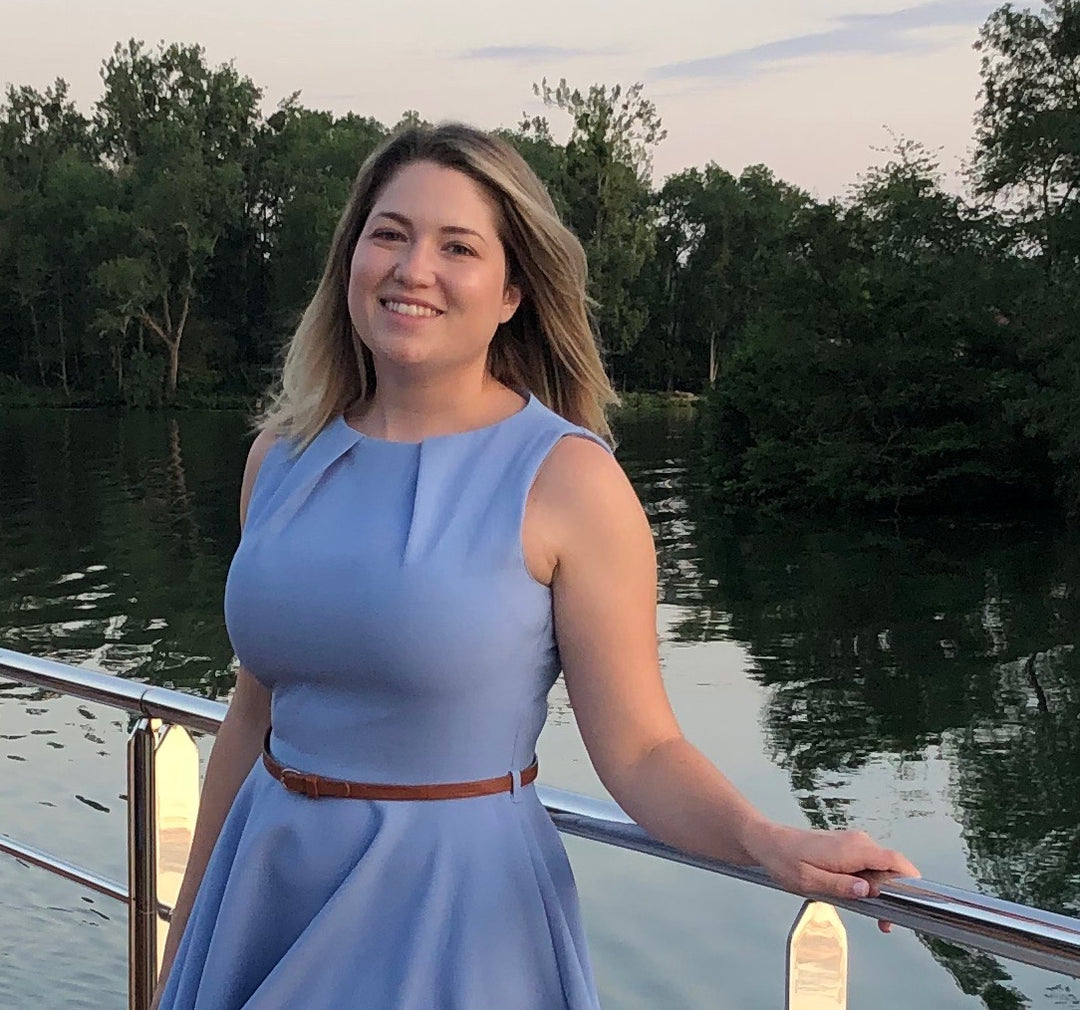
Marketing Specialist
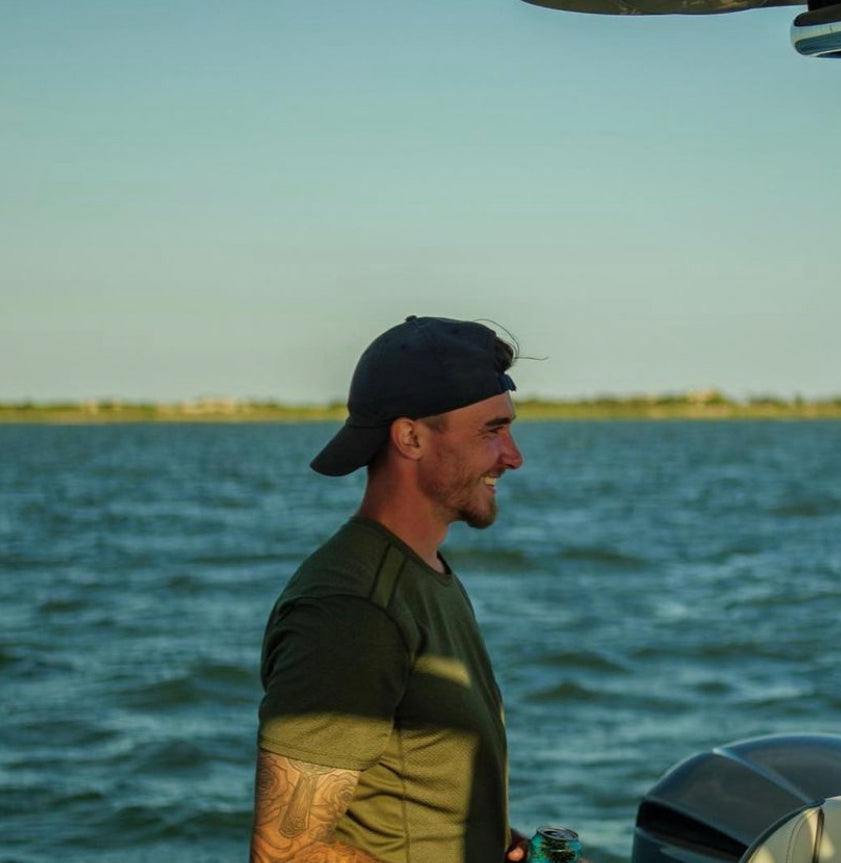
Brand Ambassador

Albert Poulos
Born and raised on LI, the salt is in his blood. With a great respect for the sea and its wildlife, he has a large passion in the need for sustainability. Whether it is pollution or fishing, there needs to be a sustainable balance for our fragile ecosystems.
With many years as a project manager in the world of luxury brand retail, Albert was disgusted by the amount of waste and vows to make Jetsam be different.
Peter Poulos
Having a life dedicated to art and design, creativity has always been at the forefront of his mind. He is always looking for a way to get to the center of a design, it’s fundamentals, and try to stay adherent to those truths and show them in such a way that they become a feature of the design. Giving plastics a second life is like rewriting its truths; what was once a short wasteful life cycle can be made anew with a longer and more purposeful existence.
